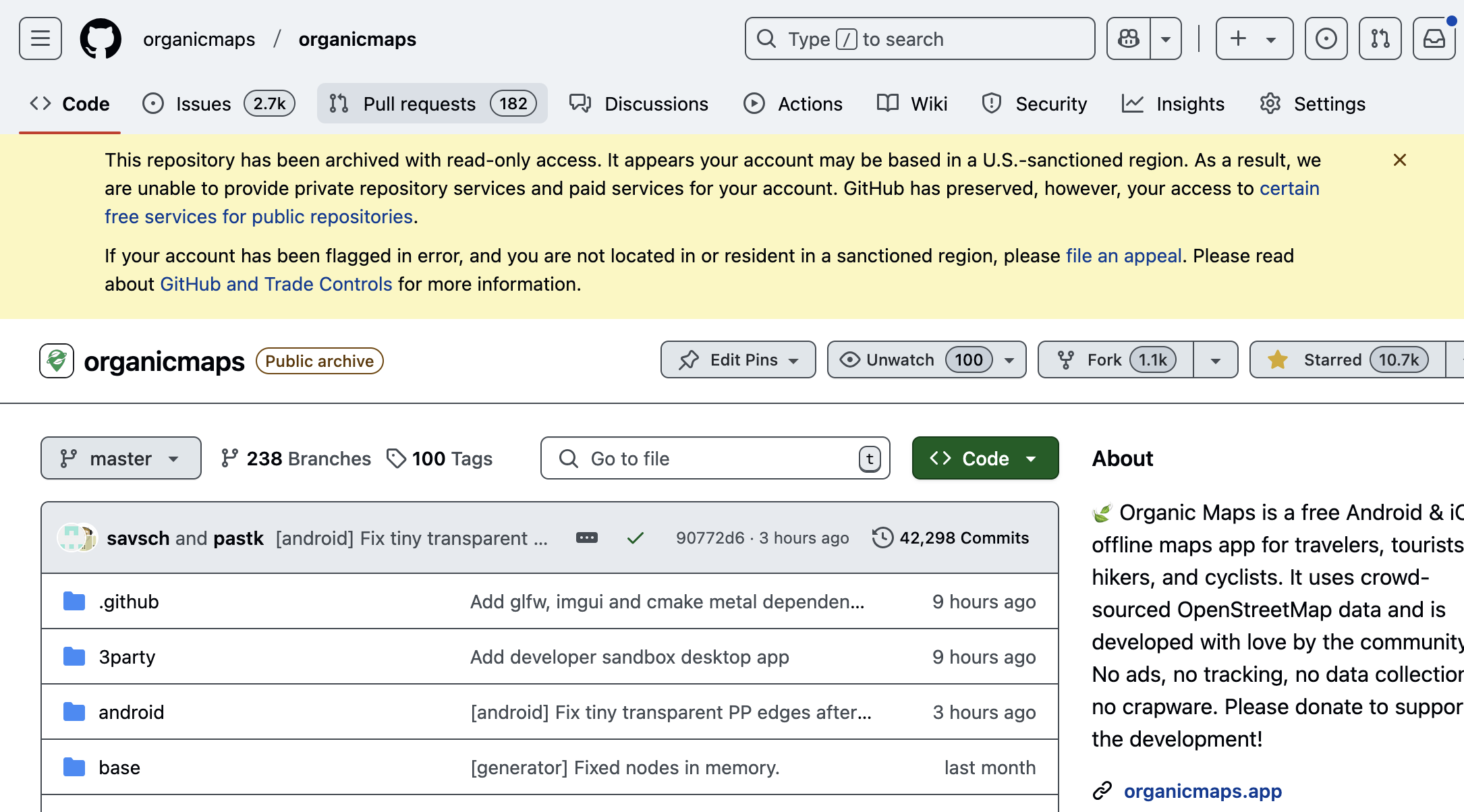That's a good question: I don't mean that 100% of their stack should be FOSS but
- Most of their "code", or their core offering, should be FOSS. For instance, Codeberg is powered by free software (Forgejo), in addition to being hosted in Europe.
- More importantly and inclusive of the first point, they should adhere to FOSS ethos: users should be able to export their data easily in a standard format, federate with other instances running compatible software, and so on. For instance, Bluesky is free software implementation of free AT Protocol, but Bluesky is also the only provider (instance) of that service. There is an effort named "Free Our Feeds" who is looking to raise 4 million dollars to setup a second instance while Mastodon has 200+ instances alone listed on its website. :)

The article is a year old, fyi.